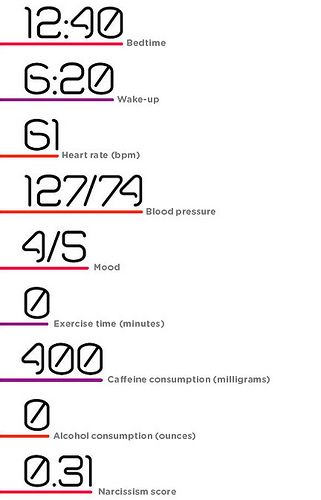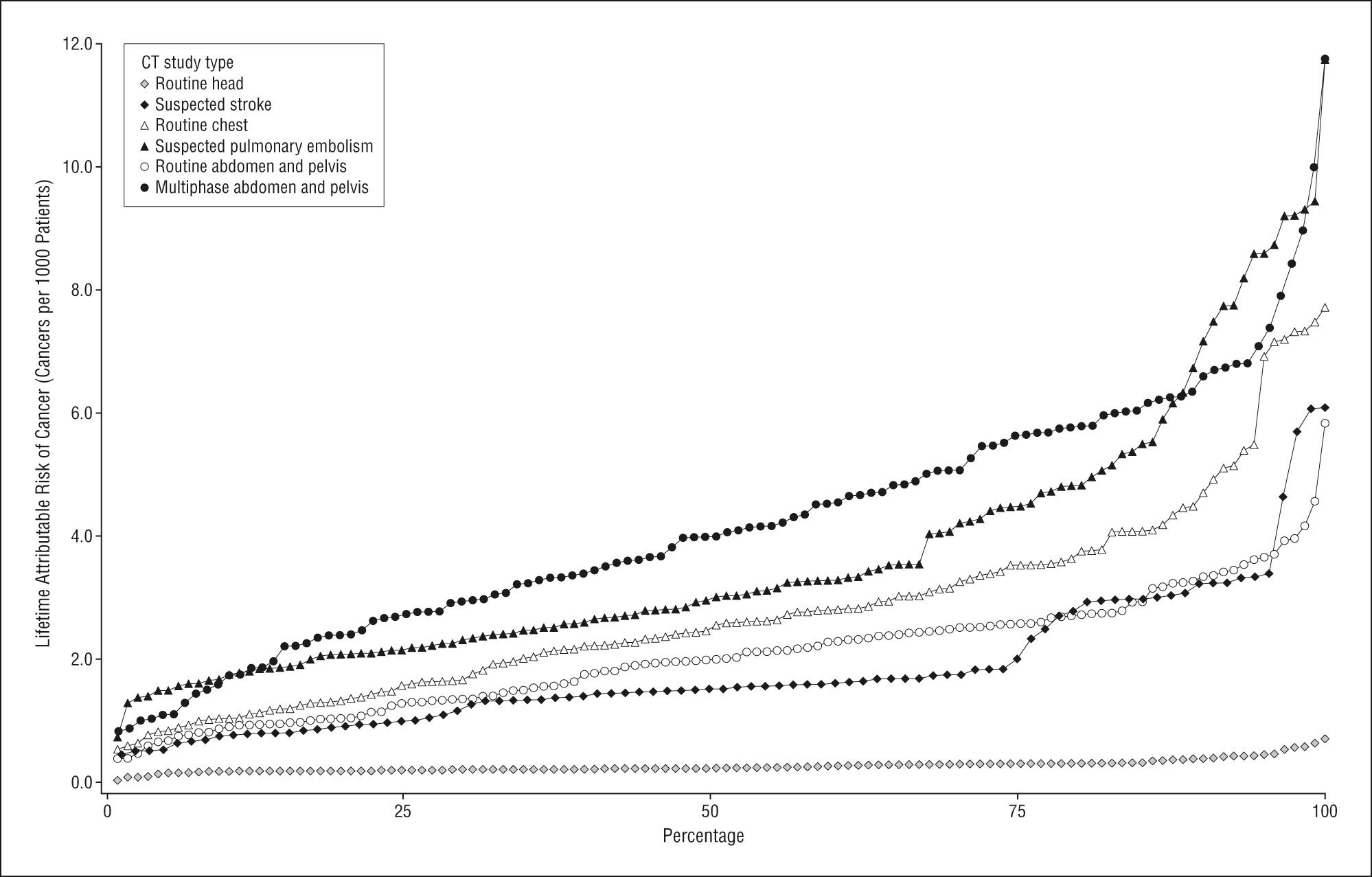
Last month (shortly after ScienceOnline2010) David Crotty wrote in a blog post Science and Web 2.0: Talking About Science vs. Doing Science: Nearly all of the more visible attempts (of science and Web 2.0) so far have focused on talking about science, rather than tools for actually doing science.


